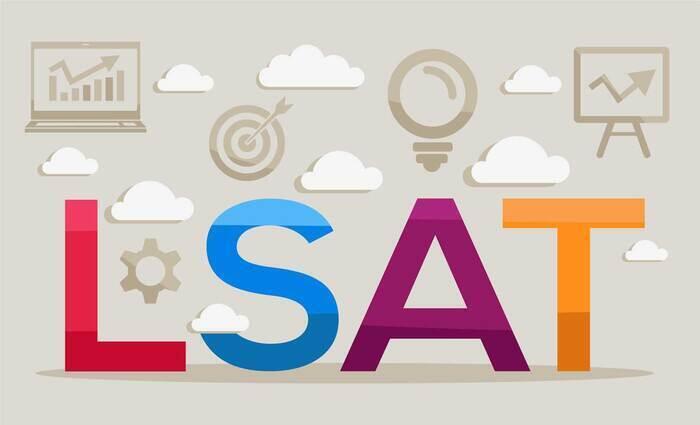When aspiring lawyers prepare for the Law School Admission Test (LSAT), they often focus on the four multiple-choice sections that make up the core of the exam. These sections—Logical Reasoning (2), Reading Comprehension (1), and an Experimental section—are pivotal in determining one's readiness for law school. However, there's also a fifth section, the LSAT Writing, which requires a different approach altogether.
Logical Reasoning (2 Sections)
The heart of the LSAT lies in its Logical Reasoning sections. Test-takers encounter two of these, each comprising roughly 24 to 26 short passages. These passages present arguments that require careful analysis. The task here isn't just to identify the main points but also to evaluate the logic employed, identify flaws, and understand how to strengthen or weaken arguments effectively.
While most passages feature arguments, some focus on factual scenarios, challenging test-takers to draw conclusions or reconcile apparently contradictory information. Mastery of logical reasoning not only boosts scores but also enhances critical thinking skills essential for legal education and practice.
For a deeper dive into Logical Reasoning strategies, check out our…
Reading Comprehension (1 Section)
In contrast to the concise arguments of Logical Reasoning, the Reading Comprehension section immerses test-takers in longer, complex passages. Here, each section consists of four substantial arguments spread across several paragraphs. The challenge lies in extracting key ideas, understanding the structure and tone of arguments, and synthesizing new information with provided facts.
Questions accompanying these passages require deep comprehension and the ability to infer details crucial for answering multiple-choice questions accurately. This section not only tests reading skills but also the capacity to digest and apply information—a skill vital for law school coursework and legal analysis.
Curious about Reading Comprehension strategies? Check out our insightful…
Experimental Section (1 Section)
Amidst the rigor of scored sections, the LSAT includes an experimental section—either an additional Logical Reasoning or Reading Comprehension segment. Unlike the others, this section doesn't contribute to your overall score. Its purpose is to field-test questions for future exams, meaning test-takers must approach it with the same diligence as the scored sections, despite its non-scoring status.
The mystery of its placement—whether it appears as the first, second, third, or fourth section—adds an element of unpredictability to test day. This section serves as a reminder to stay focused throughout the exam, treating each section seriously until the end.
LSAT Writing
The LSAT Writing section marks a departure from the multiple-choice format. It challenges candidates to craft a persuasive essay within a constrained timeframe. Presented with a contentious issue and multiple perspectives, test-takers must formulate a coherent argument supported by provided facts. The ability to articulate a compelling stance under pressure is crucial, reflecting skills needed for legal writing and advocacy.
Unlike the other sections, LSAT Writing can be completed separately from the main exam, offering flexibility but requiring prompt completion to receive official scores.
For tips on mastering the LSAT Writing section, explore our detailed blog article here!
Conclusion
Understanding the LSAT involves mastering its various sections, each designed to assess distinct skills critical for success in law school. Whether dissecting arguments, navigating complex texts, or crafting persuasive essays, thorough preparation is key. By familiarizing yourself with the format, strategies, and resources available, you can approach the LSAT with confidence, knowing you've equipped yourself with the tools to excel.
As you embark on this journey, remember that the LSAT isn't just a test—it's a stepping stone toward a career in law, where rigorous analysis and effective communication are essential. Embrace the challenge, hone your skills, and pave the way for your future in the legal profession.
do we have something we can provide for them? Need another article?
can we add in another item here?









